A POV on Lagos being at the forefront: where African fashion meets global ambition
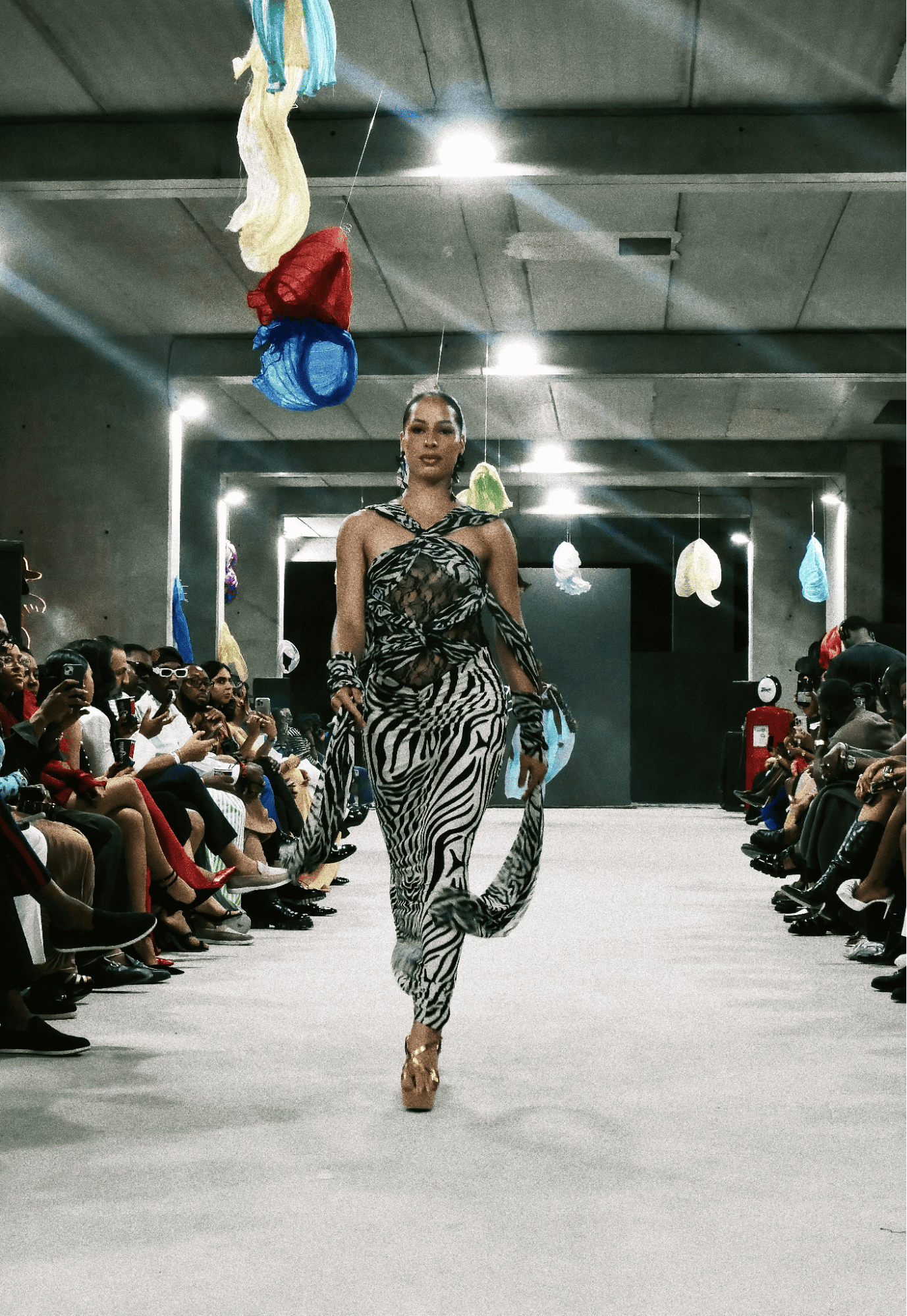
Lagos Fashion Week has never been just a runway. It is a pulse point for creativity, a barometer for cultural expression, and increasingly, a testing ground for what modern African luxury could become. The conversation is shifting from aesthetics to architecture: how do we build a fashion economy that honours artistry while delivering commercial longevity and global cultural influence.
Nigeria’s fashion talent has always been undeniable. From the sculptural romance of Sisiano and the refined heritage minimalism of Kilentar, to the playful craft coded universe of LoveFromJules, the intellectual design language of Orange Culture, and the intentional feminine strength of Orire and Kadiju. These designers are not seeking external validation. They are building worlds rooted in identity, culture, and vision.
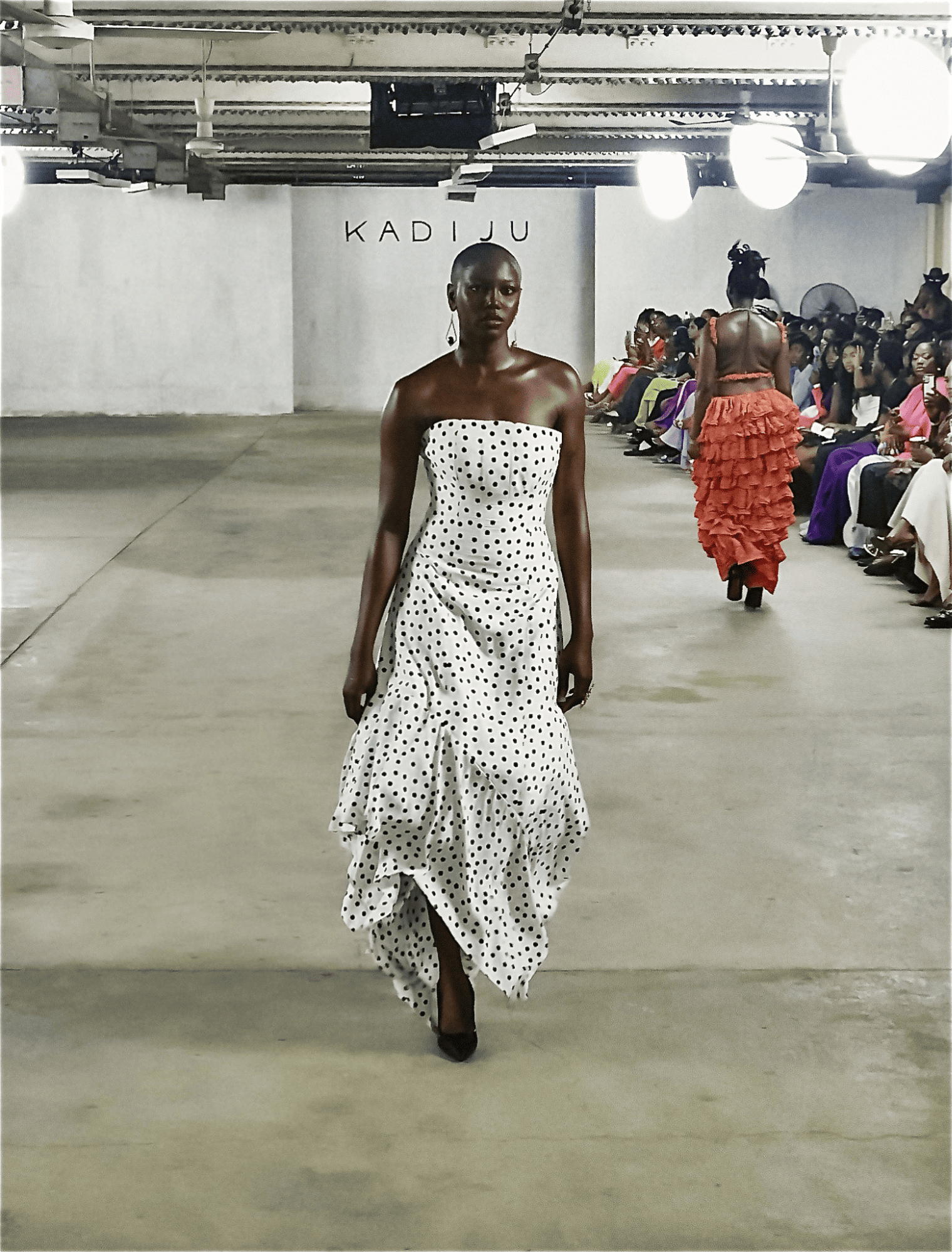
The creativity is not the question. What is missing is the infrastructure to protect it. Distribution, scaled production, financing models built for creative businesses, and long term retail systems that match the ambition. Nigerian fashion does not have a scaling problem. It has a scaffolding problem. Here, talent evolves faster than the ecosystem built to support it.
And yet, in this tension, opportunity lives. Every global fashion capital had to develop muscle slowly. Paris built couture before commerce. Milan built industry before glamour. New York built media before mythology. Lagos is building intention first, and its pace is not a weakness. It is a strategy grounded in cultural intelligence.
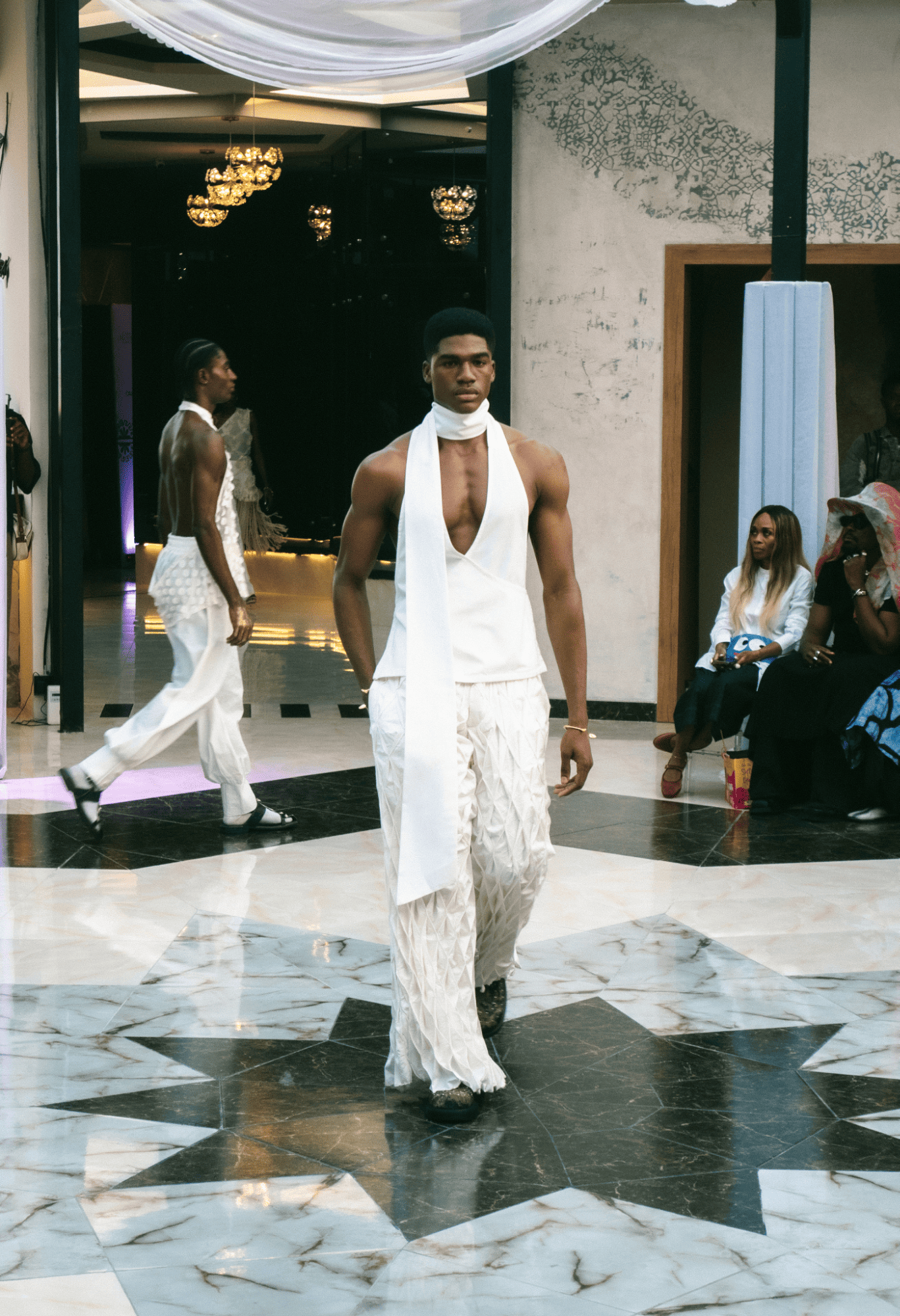
This clarity is beginning to translate on the global stage. Lagos Fashion Week being named a finalist for the Earthshot Prize reinforces something the industry here has long understood: sustainability in Africa is not a trend, it is tradition. Designers repurpose textiles, work with artisanal communities, prioritise ethical production, and build circularity through necessity and philosophy, not marketing. The global luxury industry is racing to rediscover values Lagos never abandoned: responsibility, community, craftsmanship, and longevity. That recognition signals the future.
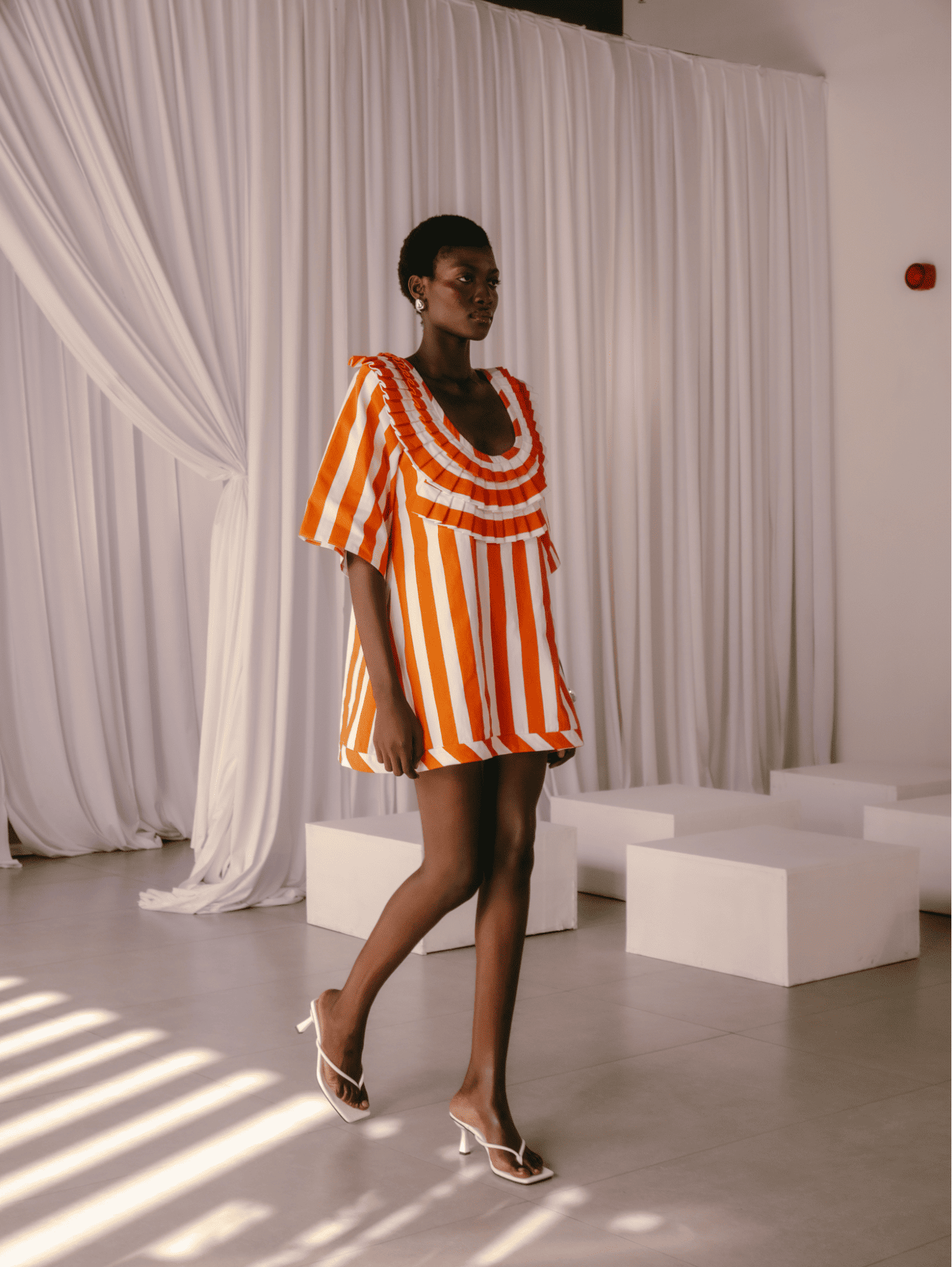
Across the continent, fashion consumers are maturing. They are seeking brand worlds, not just garments. Cultural credibility, not just price. Intimacy, traceability, and narrative depth. Lagos designers, unlike many global houses, do not have to relearn proximity to their audience. Community has always been the foundation here. Now it simply must evolve into structured loyalty ecosystems, cinematic retail storytelling, and digital spaces that feel as intentional as physical ones.
The runway to retail conversation is no longer about “will Nigerian fashion scale?” but rather what version of scale makes sense for this market. Traditional wholesale paths are limited. Ecommerce is growing, but logistics, returns culture, and banking friction remain real obstacles. Lagos does not scale through volume. It scales through intimacy: capsule collections built with meaning, ceremonial trunk shows, private order systems, and collaborations across art, beauty, design, and hospitality. Brands in Lagos do not need to chase the European model. They are building an African luxury logic that is slower in production, sharper in identity, intimate in audience connection, and globally relevant through storytelling and cultural authority, not scale alone.
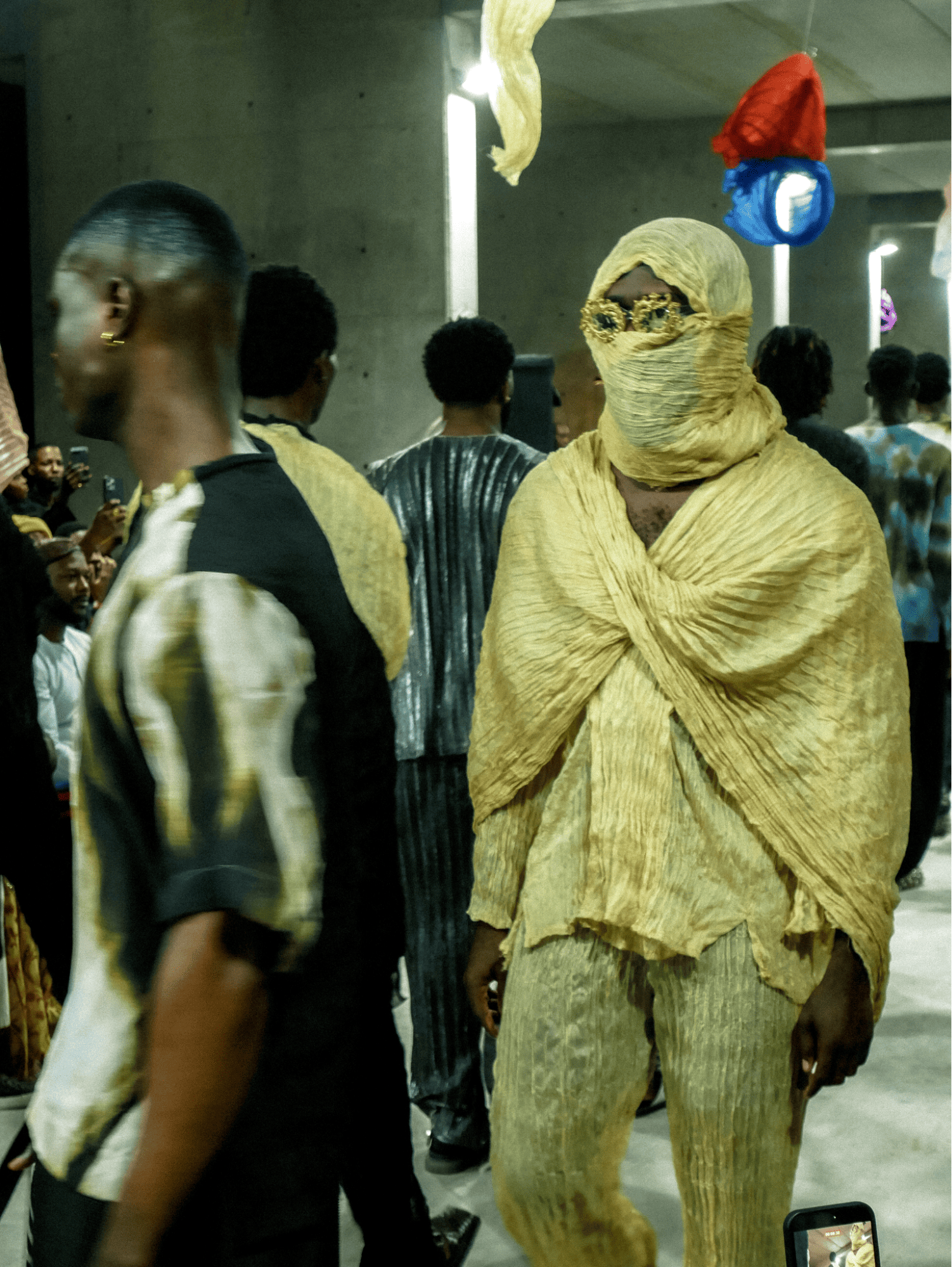
The future of Nigerian fashion will be shaped by long horizon investment, small batch manufacturing hubs, transparent pricing education, and direct to client business models that reward emotional connection and shared values. The brands that endure will not be those who rush toward visibility, but those who construct foundations strong enough to hold vision over time, allowing creativity to expand without collapsing under urgency or external pace.
Lagos fashion is not in infancy. It is in its architectural phase. The blueprint is being drawn, the scaffolding is rising. What we are witnessing is not the beginning, but the refinement. And those who build patiently, intentionally and with cultural intelligence will define what modern African luxury looks like to the world.

And Lagos, in all its beauty, tension and ambition, is doing what every great fashion capital once did.
It is choosing to build legacy, not noise.
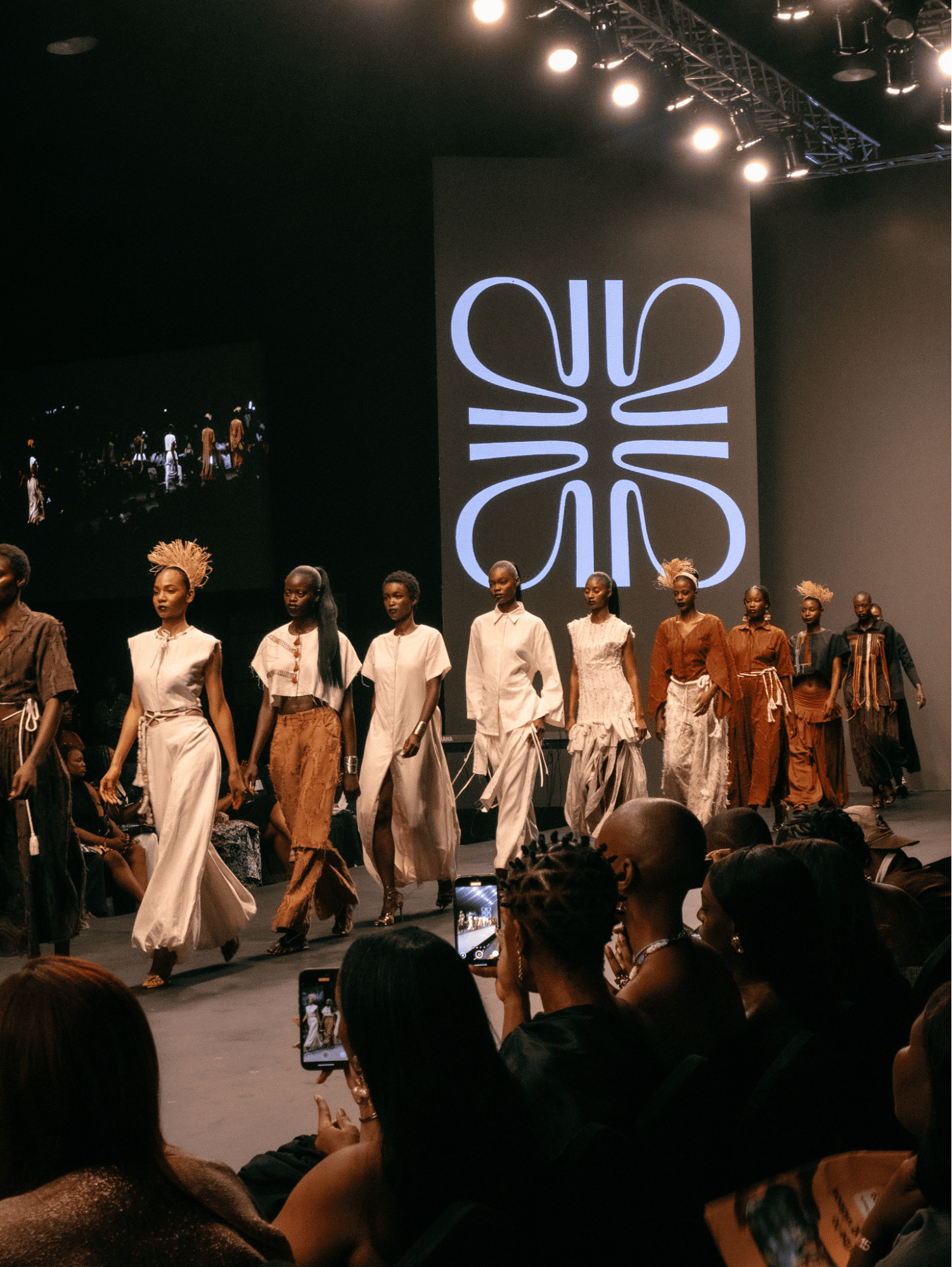
.svg)



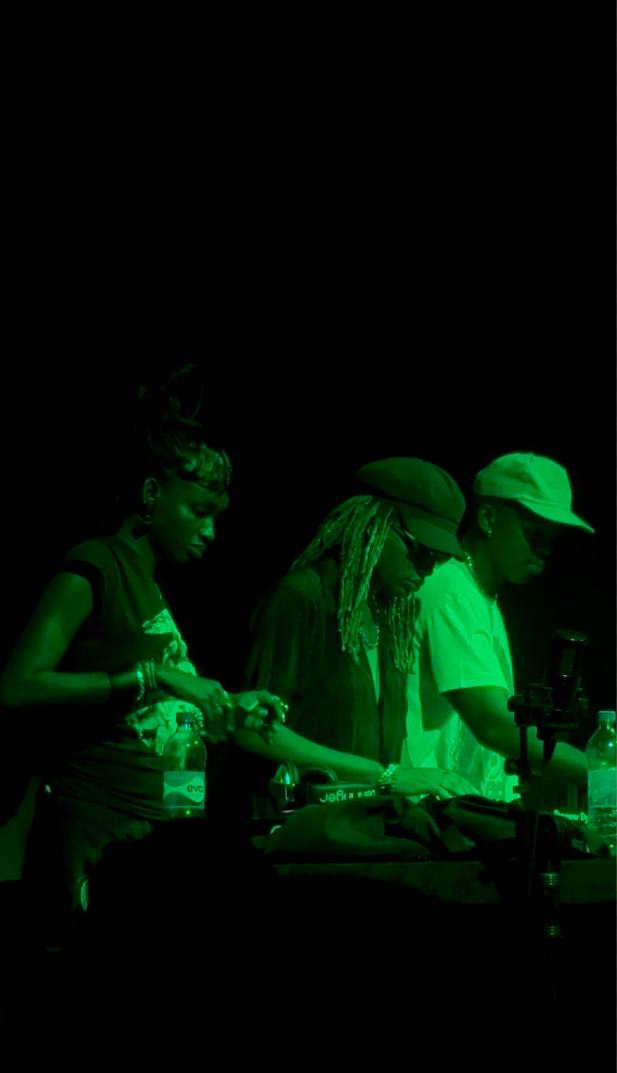
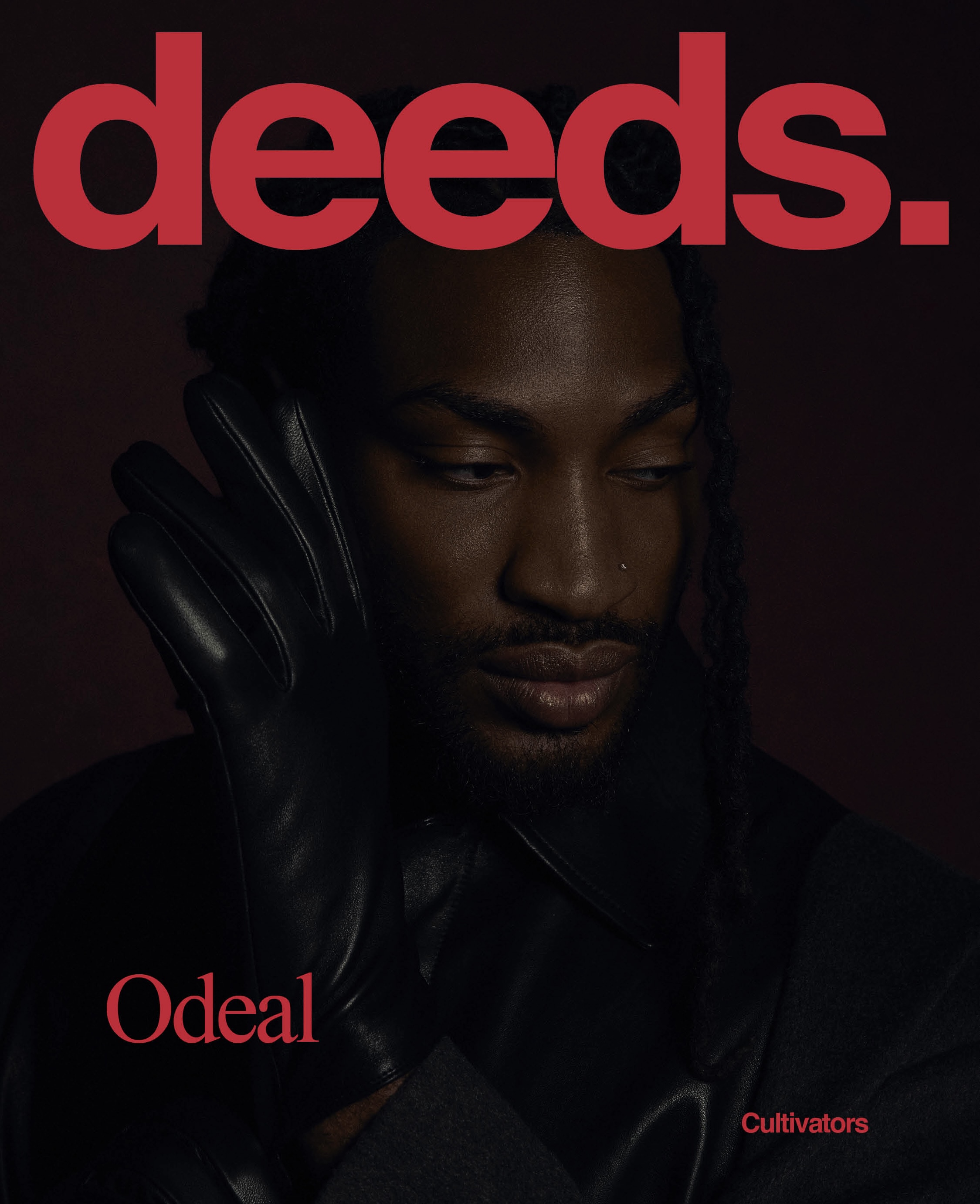


.png)

